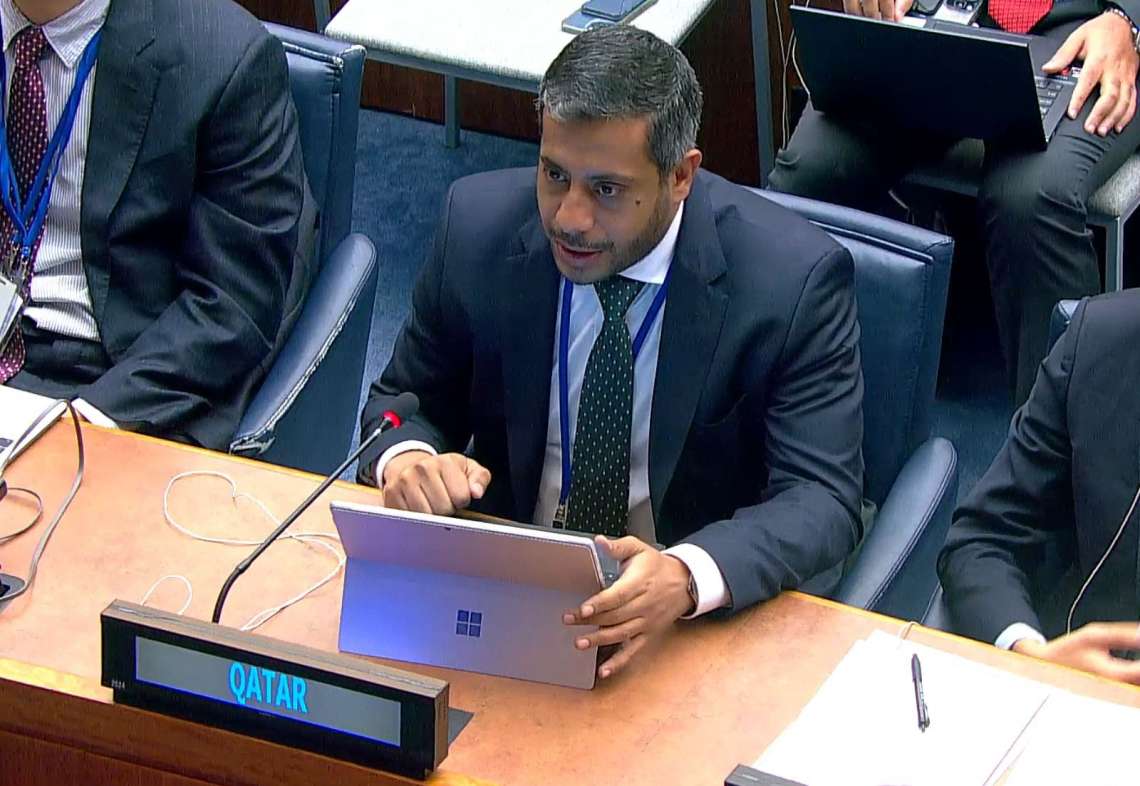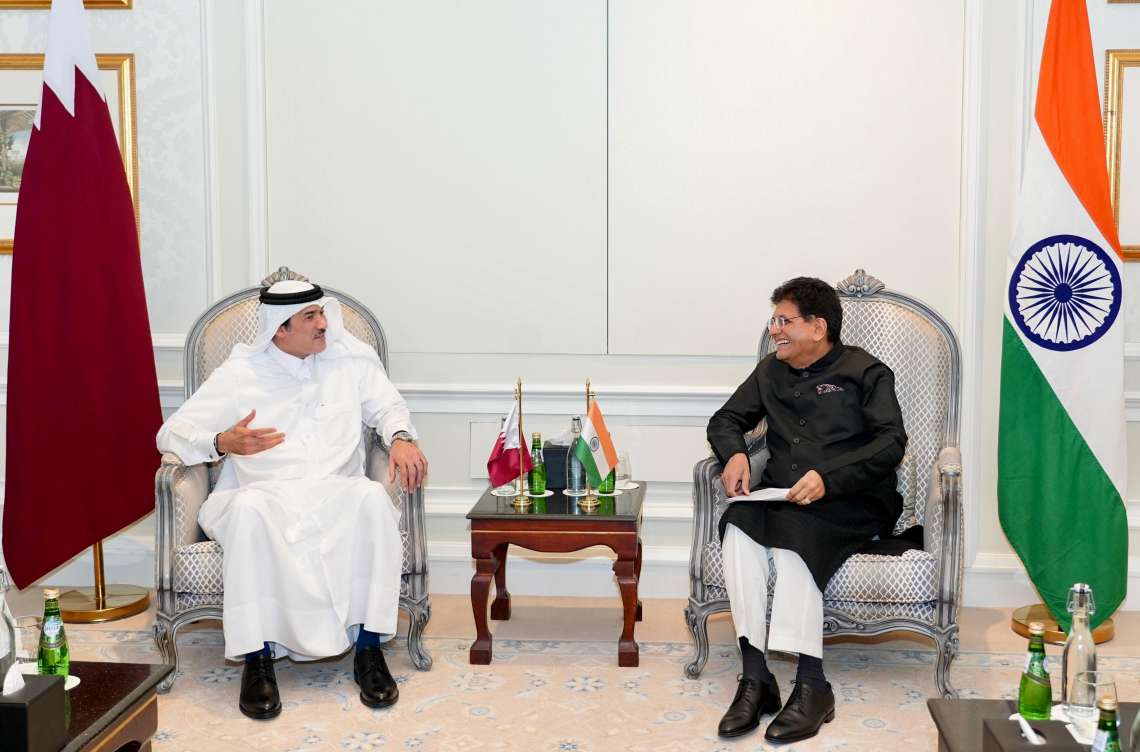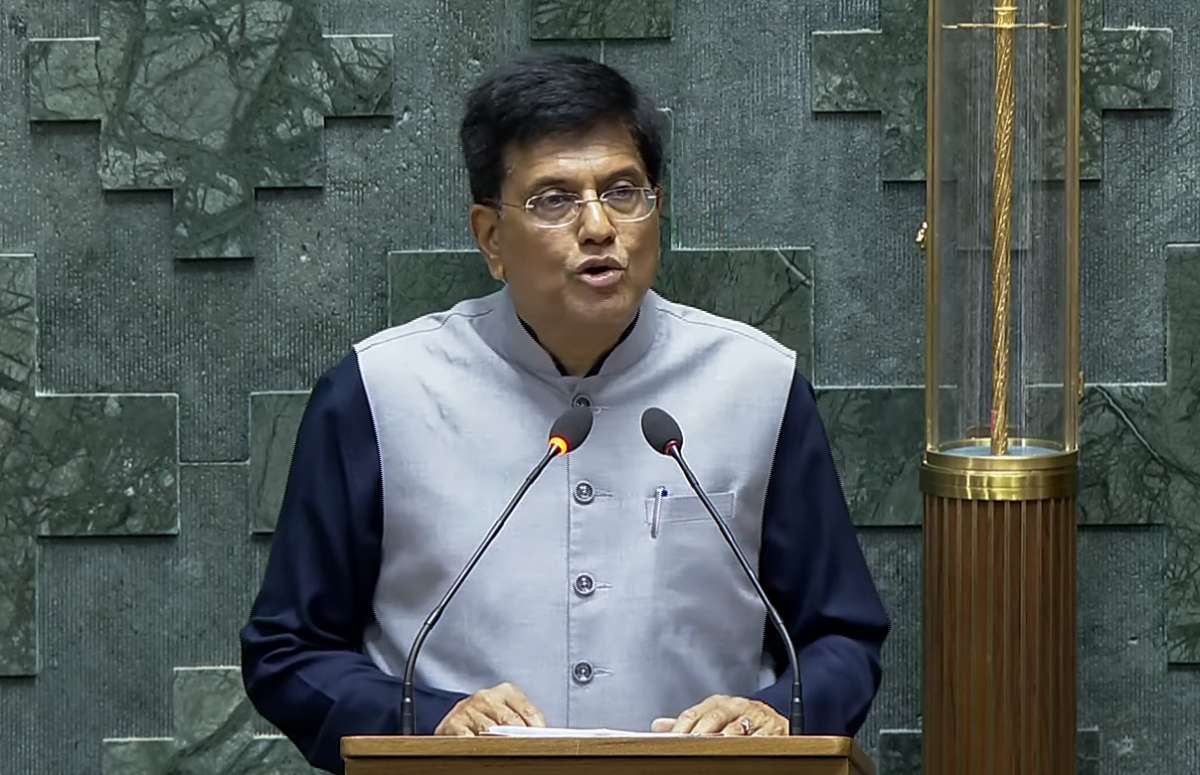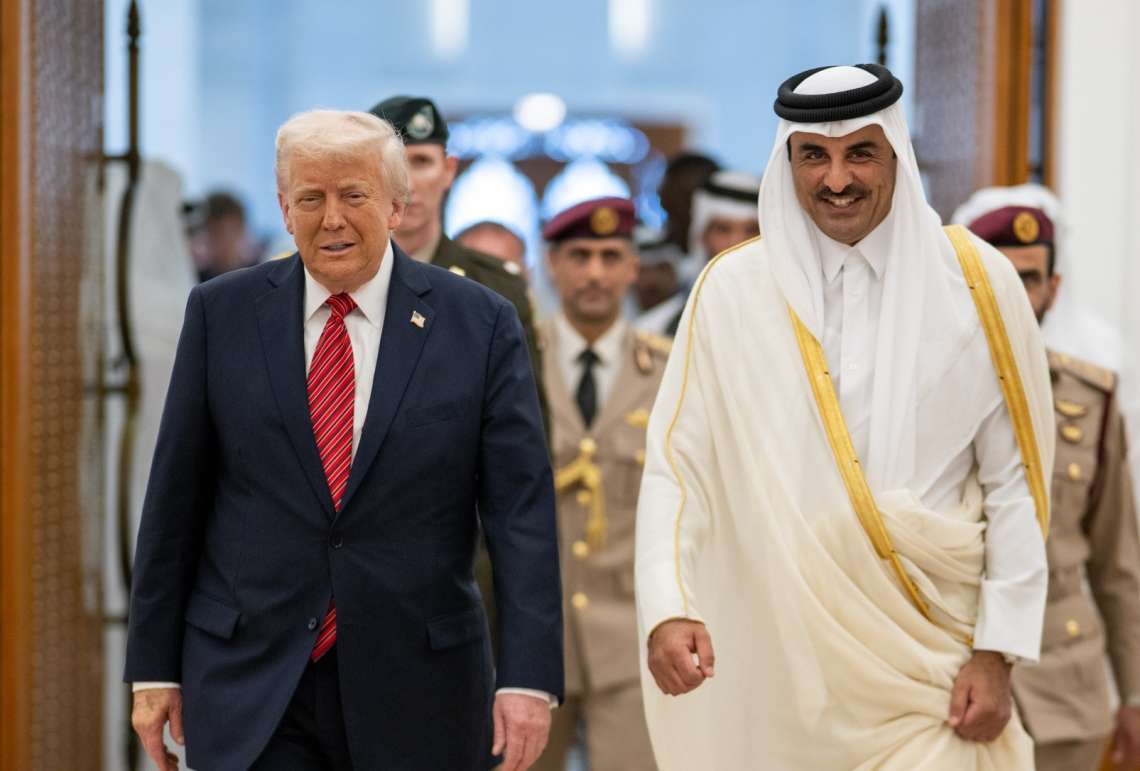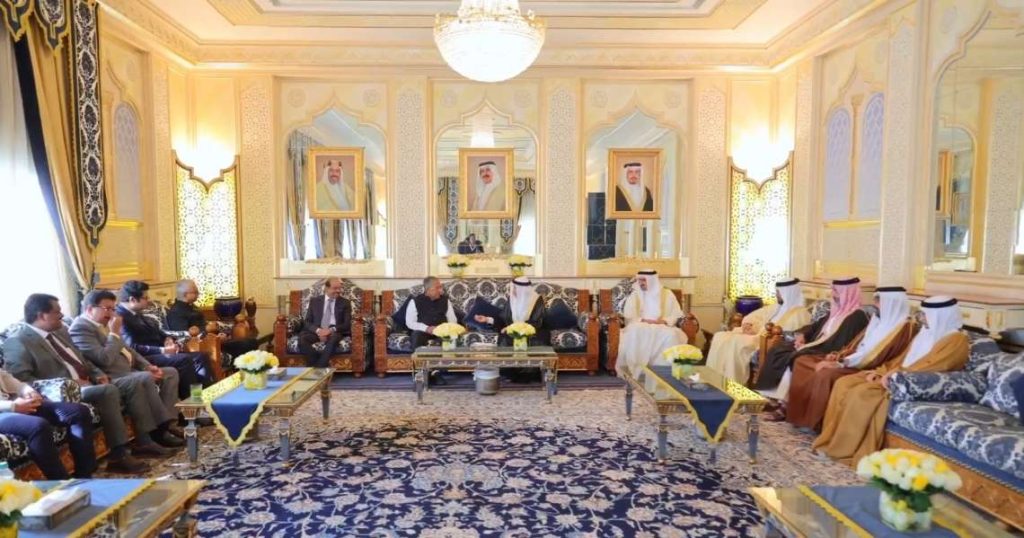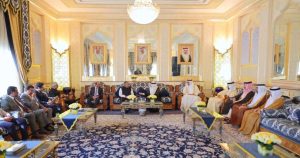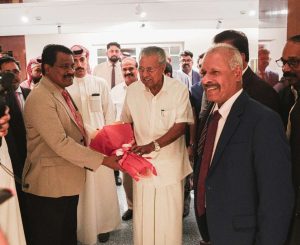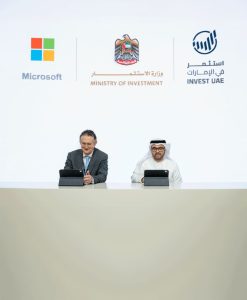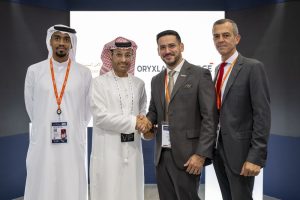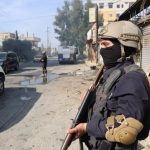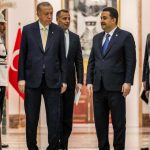Qatar urges a nuclear-weapons-free zone in the Middle East at the UN, calling for regional consensus, stronger IAEA safeguards and progress at the 2026 NPT Review conference.
Qatar has reiterated its call for the urgent establishment of a nuclear-weapons-free zone in the Middle East, warning that expanding arsenals and the threat of use heighten risks to regional and global security.
Khalid Ibrahim Al Mansouri, a member of Qatar’s delegation to the 80th UN General Assembly, set out Doha’s position during the First Committee’s discussions on nuclear weapons at UN Headquarters in New York. He told delegates the spread and modernisation of nuclear weapons, together with threats to employ them, “significantly heighten the risk of accidents and potential attacks — threats that carry catastrophic consequences for humanity and future generations,” according to a statement from Qatar’s Foreign Ministry.
Al Mansouri argued that global efforts on disarmament and non-proliferation remain foundational to safe and peaceful societies and drew attention to the Treaty on the Prohibition of Nuclear Weapons as evidence of growing international concern over testing and weapons development. He warned that possession of nuclear arms complicates armed conflicts and aggravates regional crises, feeding a wider state of insecurity.
“In light of escalating tensions stemming from regional and international conflicts — as well as the increasing incorporation of nuclear weapons into military doctrines and continued testing of delivery systems — Qatar stressed the critical need for regional and international consensus in the Middle East. Building good-neighbourly relations, he said, must be a priority for resolving disputes, enhancing security, and protecting civilians and vital infrastructure,” the Foreign Ministry said.
Doha also reaffirmed its backing for the sixth session of the UN Conference on the Establishment of a Middle East Zone Free of Nuclear Weapons and Other Weapons of Mass Destruction, scheduled for November. Al Mansouri underlined the importance of the 2026 Review Conference of the Parties to the Treaty on the Non-Proliferation of Nuclear Weapons, set for 27 April to 22 May, and welcomed Vietnam’s presidency of that conference.
Qatar called for stronger safeguards under the International Atomic Energy Agency to prevent the leakage of radioactive materials and for responsible development of peaceful nuclear energy. The statement framed the push for a regional nuclear-weapons-free zone as both a practical and moral imperative at a time of mounting geopolitical strain.

